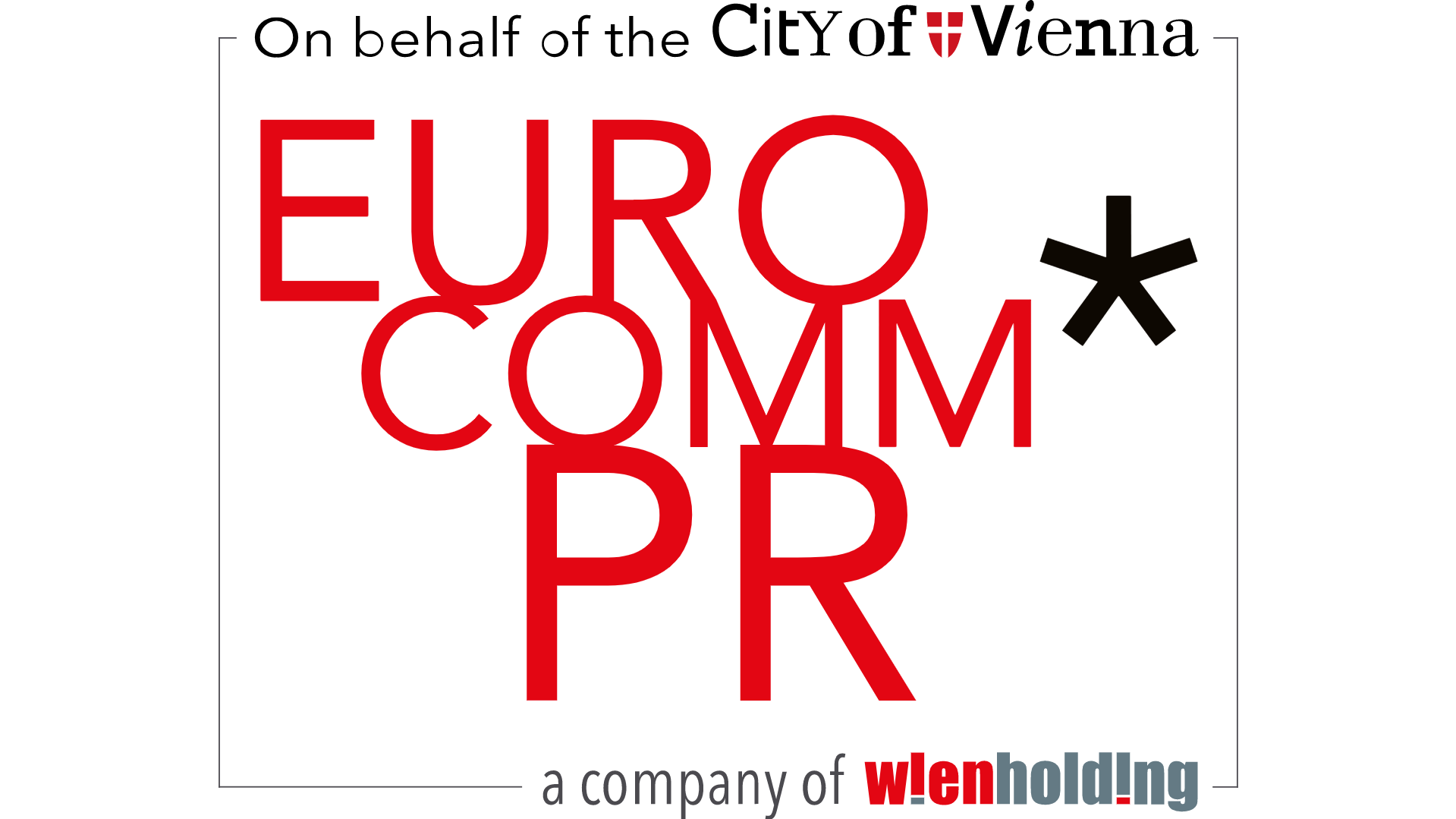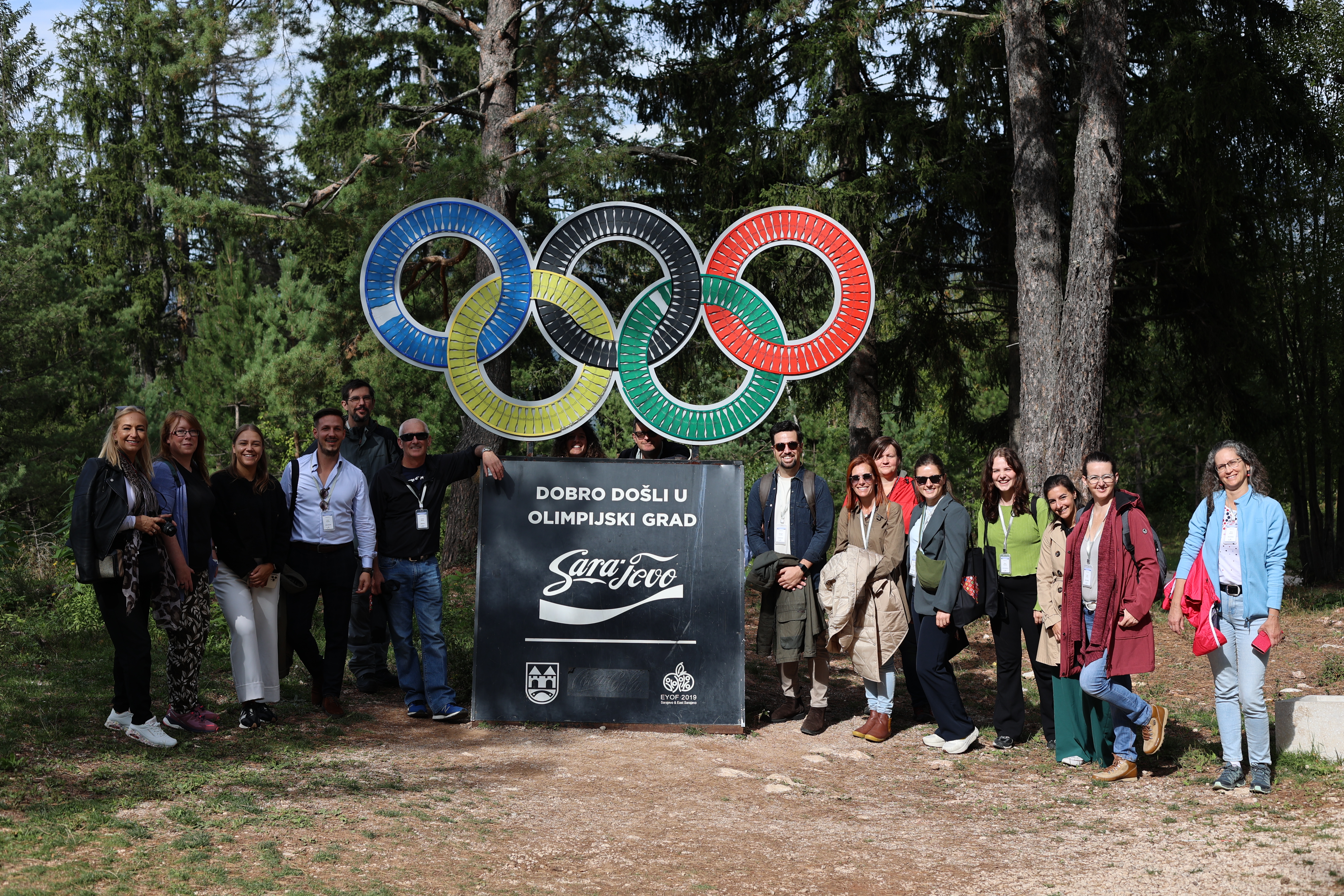
As part of the project activities of the international project "BiodiverCity", funded by the URBACT program, the City of Sarajevo hosted a two-day visit on October 2 and 3, 2024, for representatives of the consortium partner countries from Europe. Delegates from cities and organizations in the Netherlands, Italy, Hungary, Portugal, and Ireland visited Sarajevo with the aim of exchanging knowledge and experiences in the field of biodiversity protection and sustainable urban development.
Visit program and activities
The two-day visit to Sarajevo provided an opportunity for participants to share experiences and present best practices in ecological resilience and nature-based solutions. The program was carefully designed to give participants insights into key urban locations, with a particular focus on urban green spaces and projects that contribute to environmental protection.
The first day of the visit began with registration and a welcome at the City of Sarajevo's offices, where the Assistant Mayor and Head of the Sustainable Development Department, Nermina Suljević, presented the work and projects that the expert team is actively engaged in.
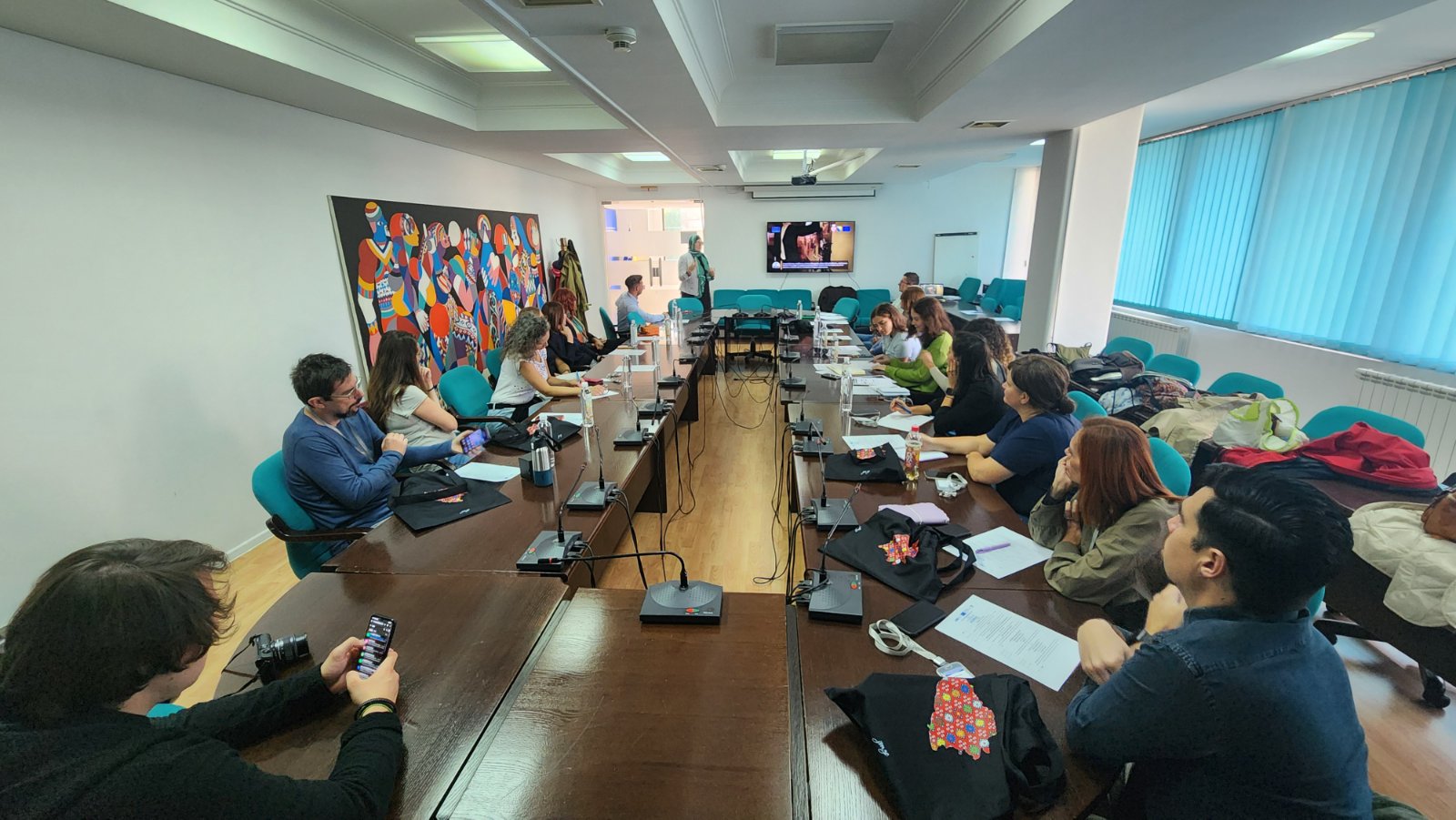
Following the opening speeches, the URBACT project partners of "BiodiverCity," accompanied by representatives from the Sustainable Development Department, embarked on a walk through Wilson’s Promenade. Amar Popara, the ULG coordinator for the City of Sarajevo within the project, shared historical facts about the city, including its rich cultural heritage and the challenges of urban development. This introduction provided participants with a broader understanding of Sarajevo as a city balancing tradition preservation with modern urban solutions. This segment of the program, known as the "Walkshop," allowed participants to explore the challenges and potentials of this urban area, particularly regarding traffic, air pollution, and improvements to cycling infrastructure.
“It is a great pleasure to host the partners of the 'BiodiverCity' project and exchange experiences with European cities that share our vision of sustainable development. Through such meetings, we not only learn from best practices but also work together to build ecological resilience and enhance biodiversity in urban areas. The City of Sarajevo is committed to being a city focused on sustainable solutions, where green spaces and natural solutions are central to our planning and development,” said Amar Popara.
The partners of the URBACT project "BiodiverCity" also visited the first urban garden and sensory park in Sarajevo, located at the School for Vocational Education and Training, which the City of Sarajevo built to support children and youth with developmental difficulties. This green oasis is designed for mental and physical recreation, enriched with elements of a sensory park that offer educational and therapeutic content. During the visit, a partnership tree was planted as a symbol of community and cooperation, strengthening the bond between the local community and partner cities involved in the "BiodiverCity" project.
Participants also had the opportunity to attend a presentation by architect Admira Turkušić, who discussed nature-based solutions that enhance urban biodiversity and green infrastructure.
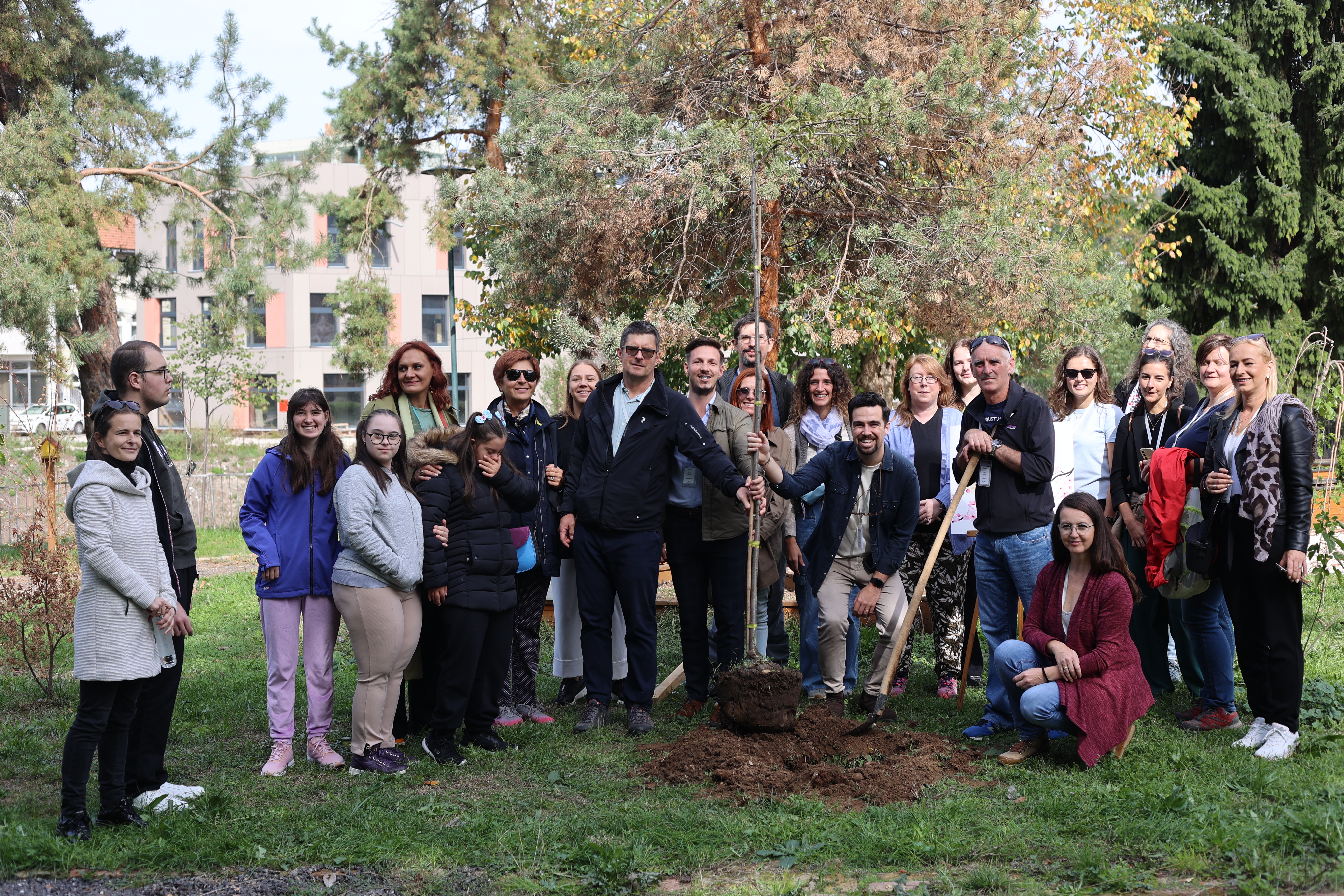
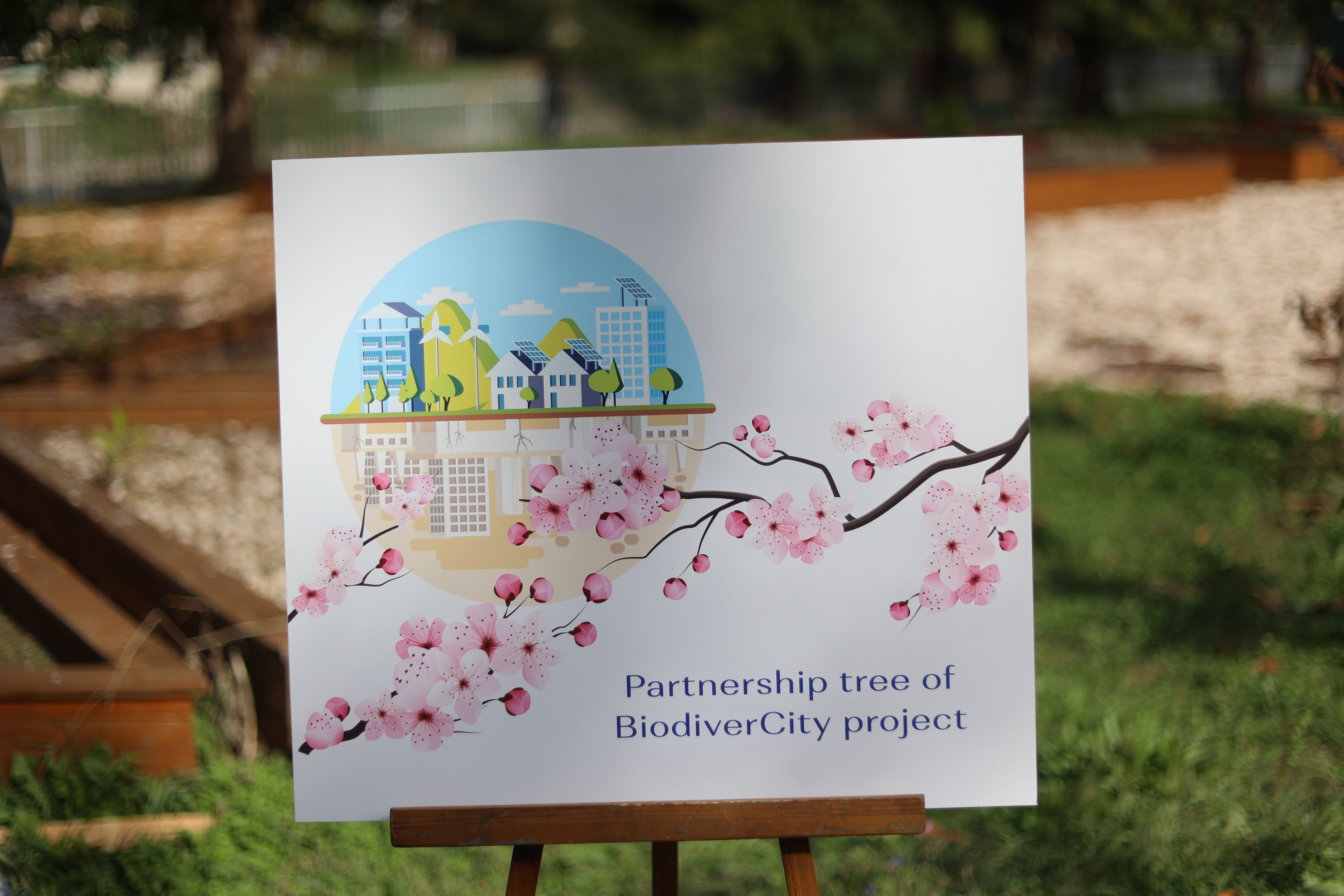
The day concluded with a visit to Mount Trebević, where participants discussed nature-based tourism and the challenges of biodiversity conservation in protected natural areas.
Szigeti Ferenc Albert, the leading expert of the "BiodiverCity" project, emphasizes the importance of cities in the context of sustainability and innovation:
"Cities—especially a city like Sarajevo, surrounded by beautiful nature but suffering from a lack of nature within the city—have a unique role in this story. On one hand, they offer unique opportunities for learning and education about a more resilient and sustainable future, and they have significant potential to foster innovation and management tools. On the other hand, billions of urban residents are also at high or extreme risk from ecological disasters. In this context, partners have explored the challenges of the city, as well as the first step Sarajevo has already taken by relying on the positive vibes that the city can offer. The sensory park may, hopefully, be the first step in a longer process of establishing community gardens, which hundreds of European cities are already doing to raise awareness about the benefits provided by ecosystems. Wilson’s Promenade is an ideal place to create a platform that tells the story of climate action: it has excellent green and blue infrastructure, many students are present, and progressive measures (e.g., cycling paths) have already been introduced. Many simple actions could be implemented there, such as communicating the benefits of trees and water”, said Szigeti Ferenc Albert.
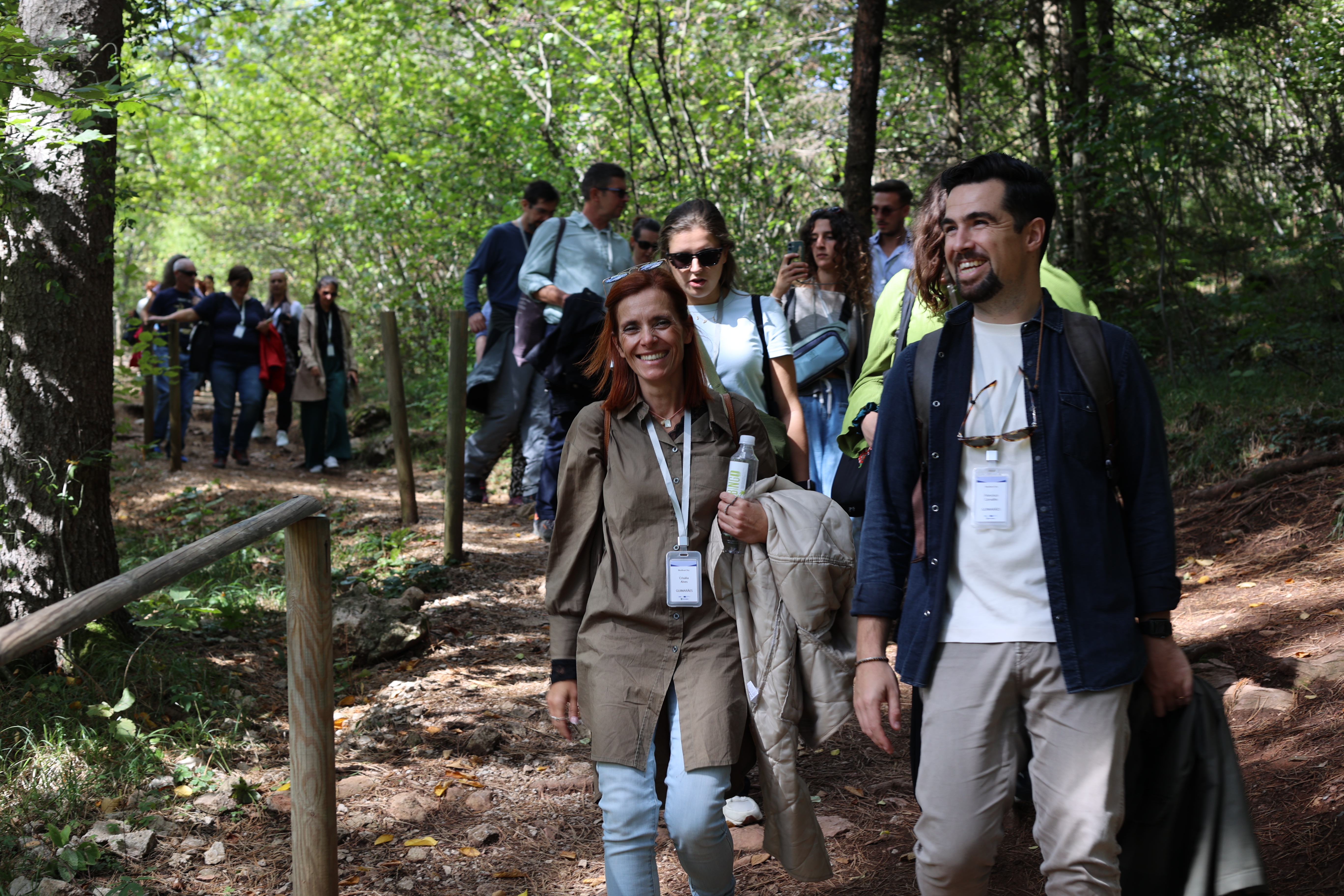
The second day of the visit began with a meeting at the Europa House, where participants attended a presentation by Tina Anić, who spoke about the coexistence of urban biodiversity and people. The discussion focused on everyday interactions between people and natural resources in urban environments, as well as the challenges of preserving natural resources in increasingly larger cities. During the visit to the Ravne Park in Visoko, participants had the opportunity to tour this unique location known for its energy pyramids and rich green spaces. The park, which spans over 100 hectares, exemplifies how natural resources can be integrated into the development strategies of urban and suburban areas. The visit served as inspiration for future projects that connect urban development with natural solutions, aimed at creating sustainable and resilient cities.
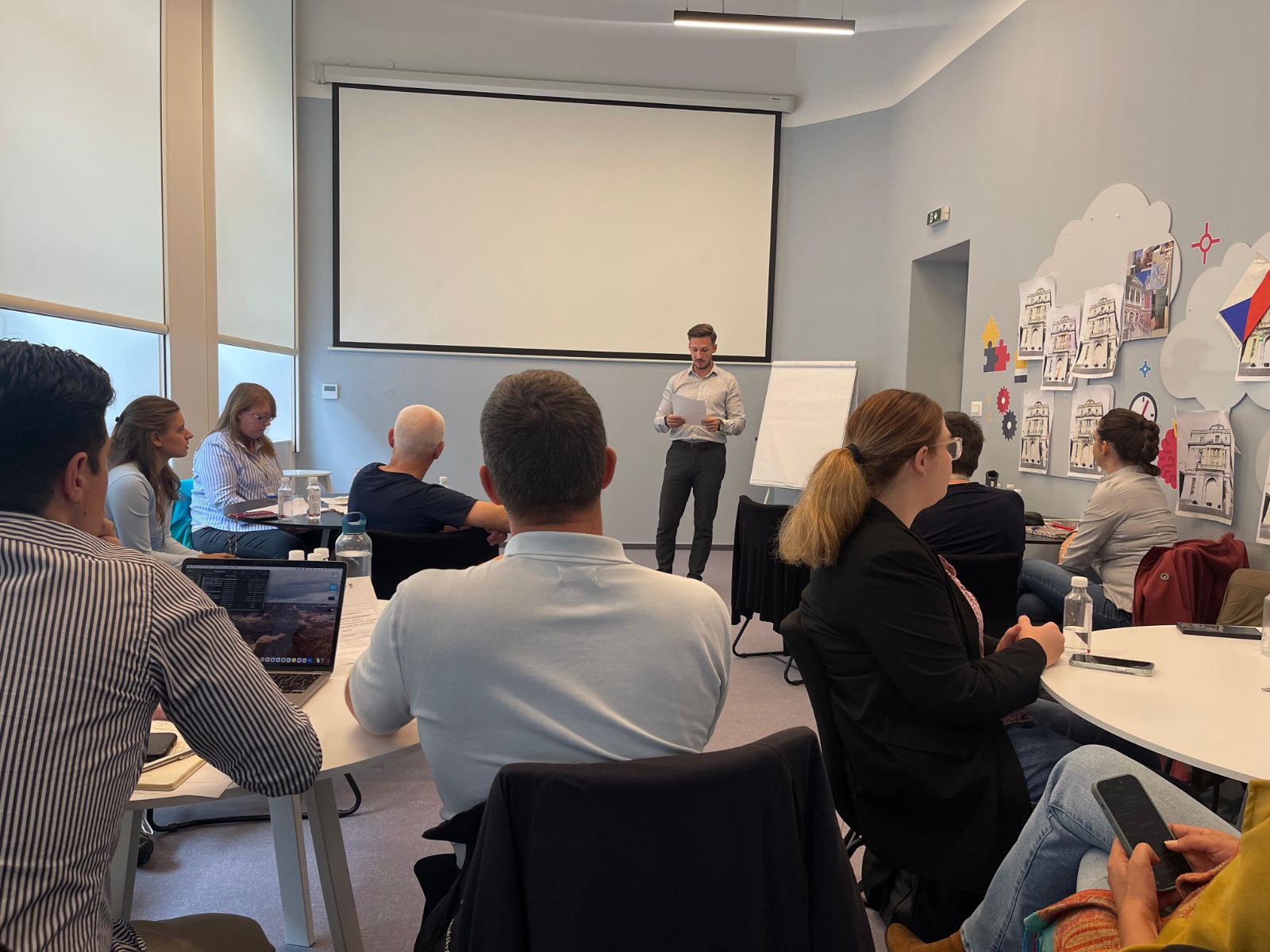
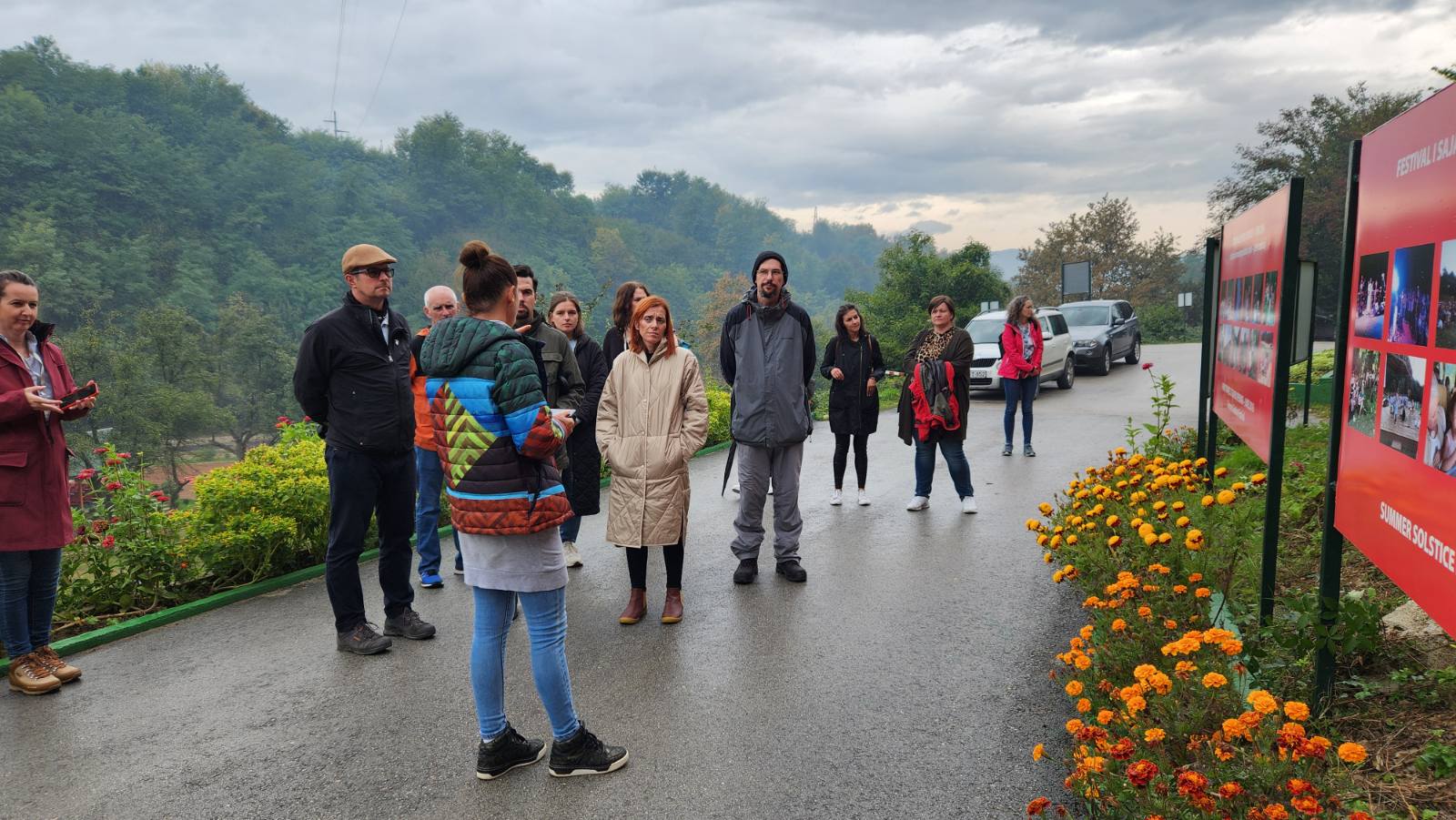
URBACT Project "BiodiverCity"
The "BiodiverCity" project, with a total value of €849,522.00, is being implemented under the URBACT IV program for the period 2023 – 2025. The City of Sarajevo is one of nine partners in this project, which aims to empower local communities in planning and implementing nature-based solutions. Special attention is given to the conservation of urban ecosystems and the enhancement of biodiversity, contributing to EU strategies for environmental protection and the preservation of natural heritage.


